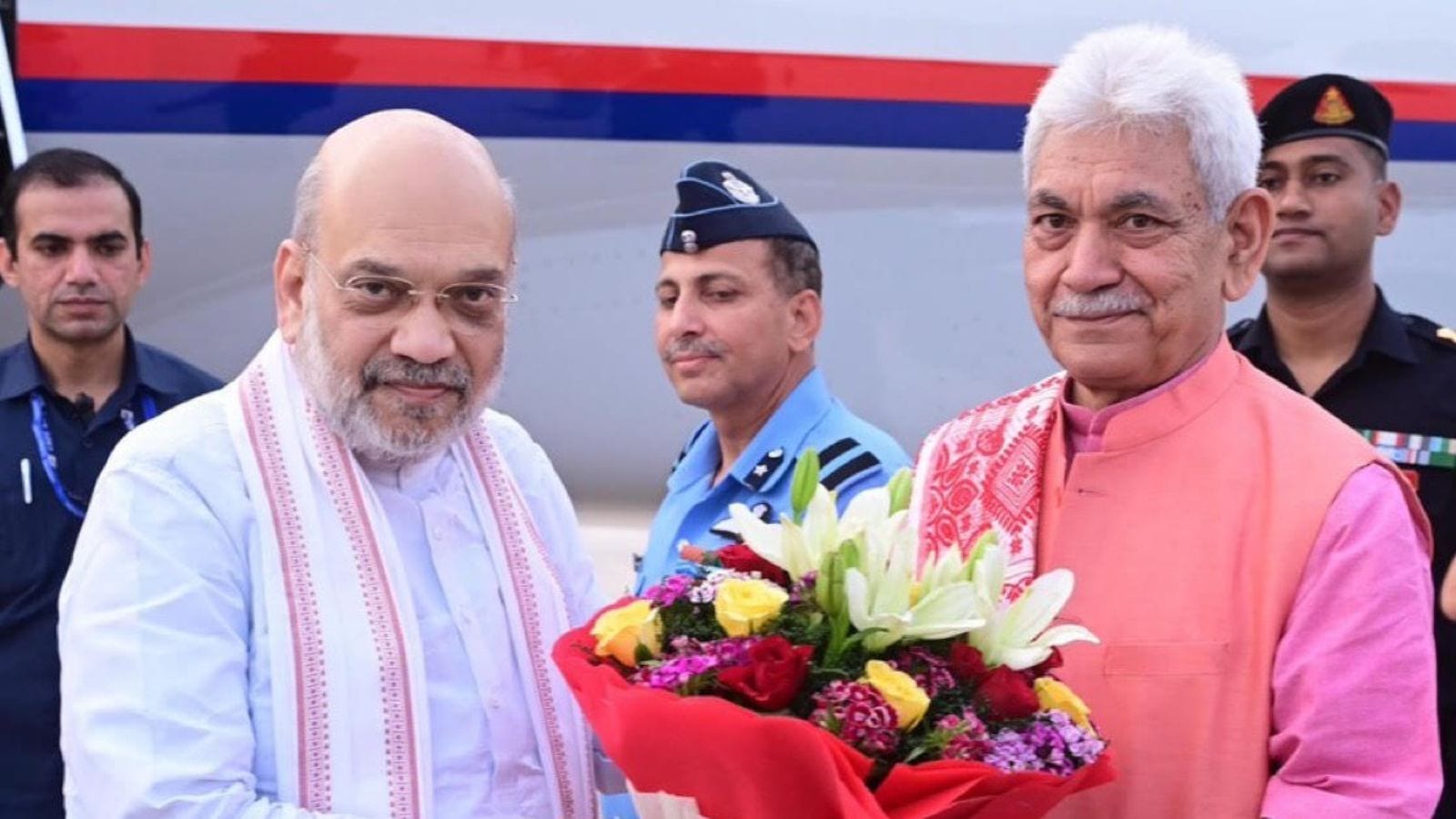A Historic Shift as Leaders Pledge Allegiance to the Constitution
Srinagar, 07 April 2015: Winds of Change in the Valley
Union Home Minister Amit Shah’s arrival in Kashmir has coincided with a significant political development: three senior separatist leaders have publicly renounced their association with the Hurriyat Conference and pledged allegiance to the Constitution of India. This marks a historic shift in the region’s political landscape, as separatist leaders increasingly distance themselves from the ideology that has dominated Kashmir’s discourse for decades.
A Series of Renunciations
The latest leaders to quit the Hurriyat Conference are Mohammad Yousuf Naqash, Hakeem Abdul Rashid, and Bashir Ahmad Andrabi. All three were affiliated with the Hurriyat faction led by Mirwaiz Umar Farooq. In separate but similarly worded statements, they announced their allegiance to the Constitution of India and denounced separatist politics.
Naqash, who headed the Islamic Political Party J&K, stated, “My organization and I have no connection or affiliation whatsoever with APHC (G), APHC (A), their members, or any other entity pursuing separatist agendas. We firmly disassociate ourselves from the ideology of APHC, as it has failed to address the aspirations and grievances of people in Jammu and Kashmir effectively.”
Rashid, chairman of the Muslim Democratic League J&K, and Andrabi, head of the Kashmir Freedom Front, echoed similar sentiments, emphasizing their commitment to the democratic process and the Constitution of India.
A Historic First
This wave of renunciations is unprecedented in Kashmir’s history. Since militancy broke out in 1990, separatist leaders have rarely issued public statements distancing themselves from the Hurriyat Conference. The recent developments signal a growing disillusionment with separatist politics and a shift toward integration with India’s democratic framework.
Union Home Minister Amit Shah welcomed these moves, describing them as a reflection of growing national integration in Jammu and Kashmir following the abrogation of Article 370. “Separatism has become history in J&K,” Shah remarked during his visit.
The Decline of the Hurriyat Conference
The Hurriyat Conference, formed in 1993 as a conglomerate of over 20 political, religious, and civil society organizations, has seen its influence wane in recent years. The abrogation of Article 370 in 2019 marked a turning point, with separatist activities and shutdown calls becoming virtually nonexistent.
The split within the Hurriyat in 2003, which divided the group into hardline and moderate factions, further weakened its cohesion. Leaders like Syed Ali Shah Geelani and Mirwaiz Umar Farooq struggled to maintain unity, and the organization’s credibility eroded over time.
Public Reaction and Implications
The renunciation of separatism by prominent leaders has been met with mixed reactions in the Valley. While some view it as a positive step toward peace and stability, others remain skeptical about the motives behind these decisions.
A political analyst in Srinagar commented, “This is a significant development, but it remains to be seen whether it will lead to meaningful change on the ground. The people of Kashmir have long been caught between conflicting ideologies, and trust will take time to rebuild.”
Amit Shah’s Role in the Transition
Amit Shah’s visit to Kashmir has been marked by high-level security reviews and developmental project assessments. His interactions with local leaders and stakeholders reflect the government’s commitment to fostering integration and addressing the region’s challenges.
The Home Minister’s emphasis on national unity and his support for leaders renouncing separatism underscore the government’s strategy to promote stability and development in Jammu and Kashmir.
Looking Ahead
As more separatist leaders distance themselves from the Hurriyat Conference, the political landscape in Jammu and Kashmir is undergoing a transformation. The region’s future will depend on the ability of its leaders to navigate this transition and address the aspirations of its people.




